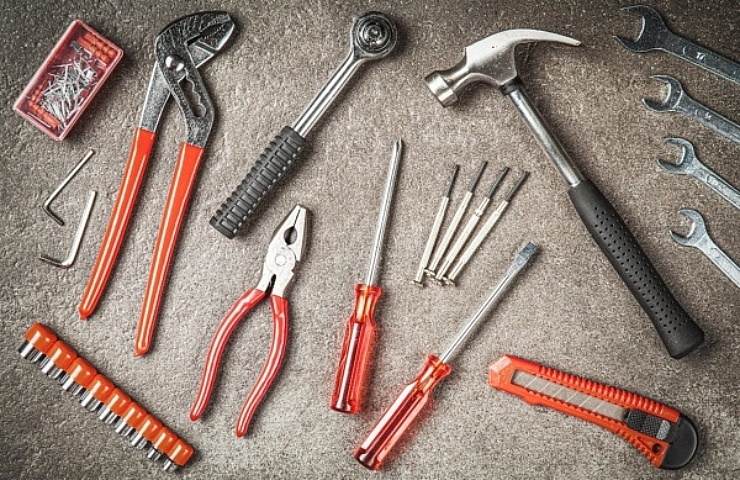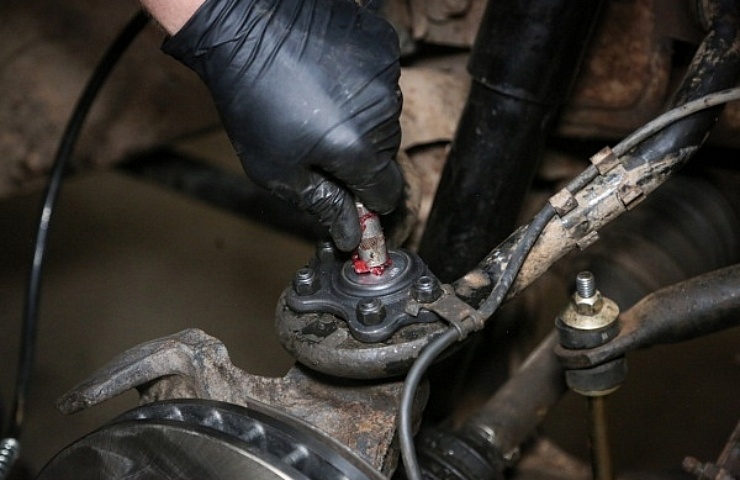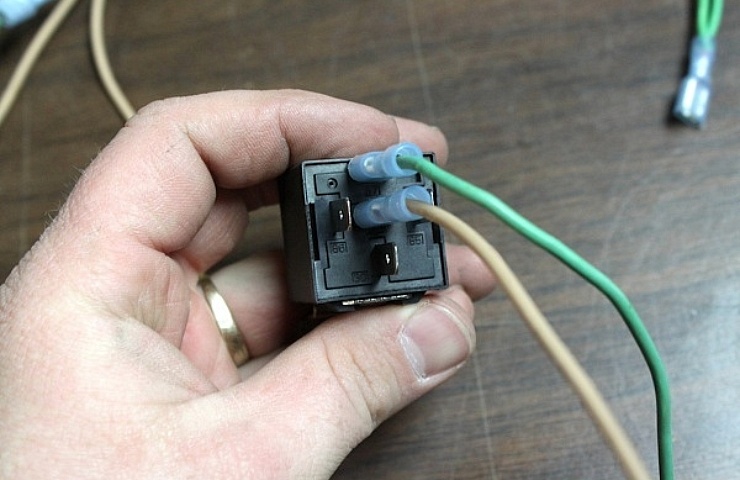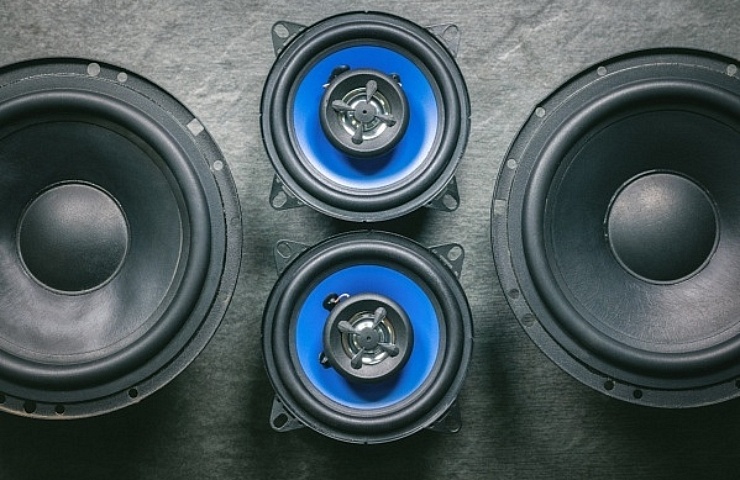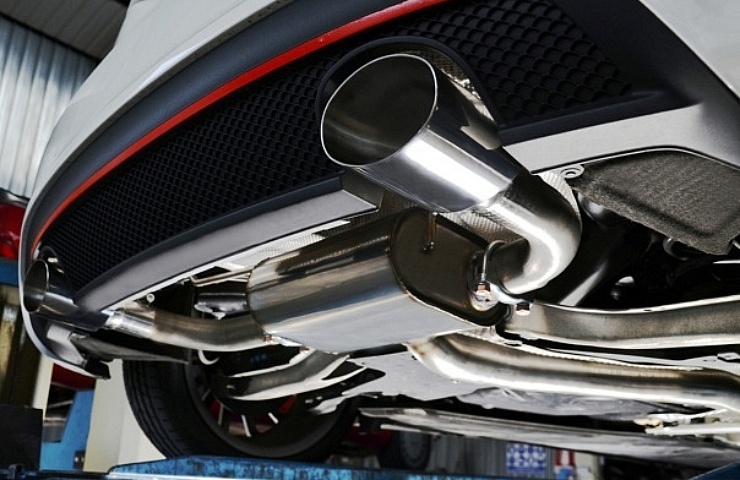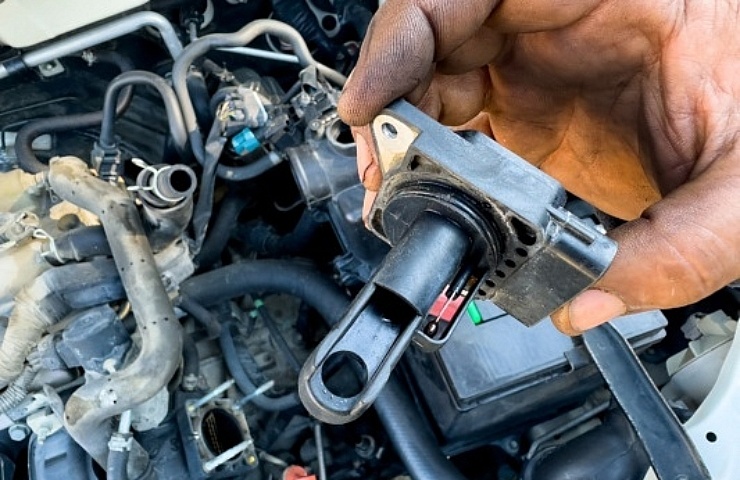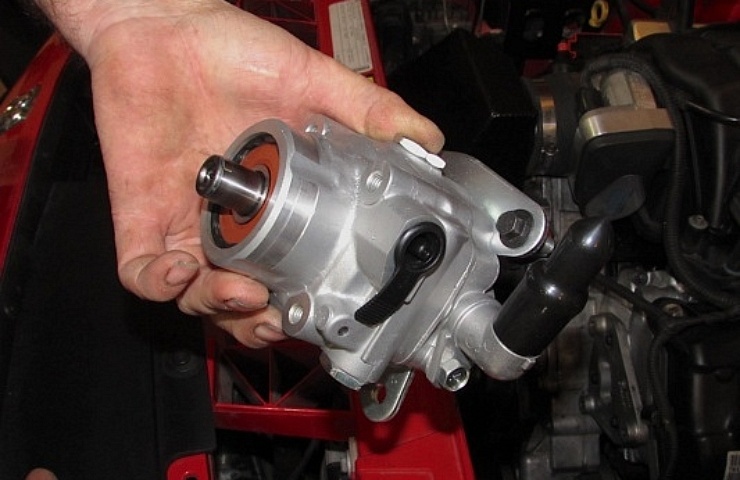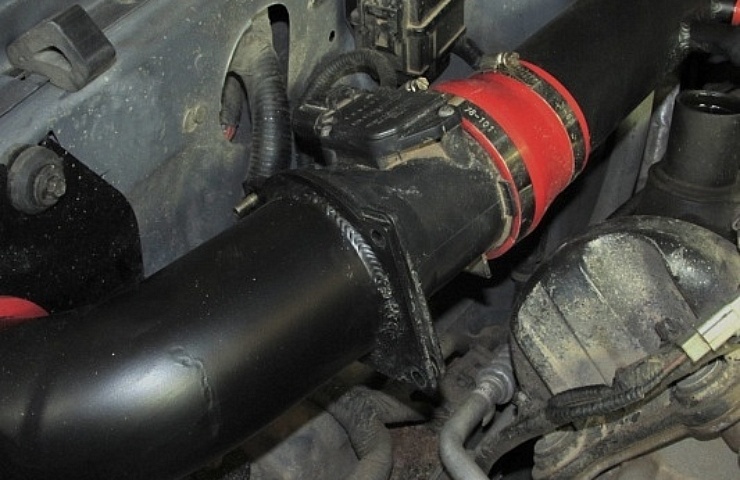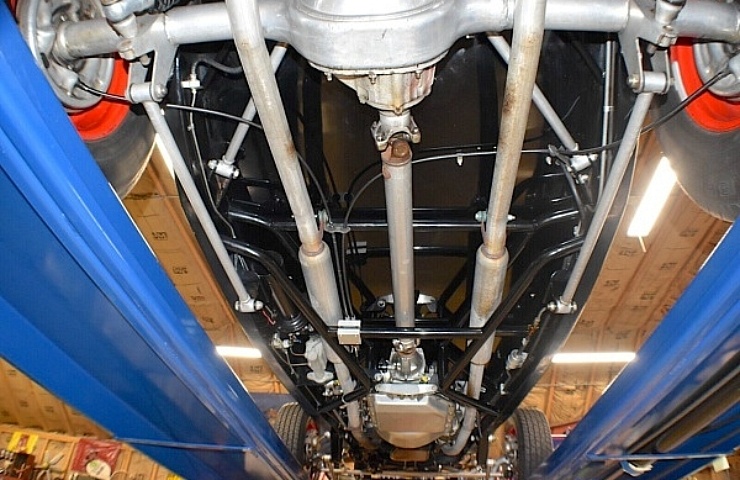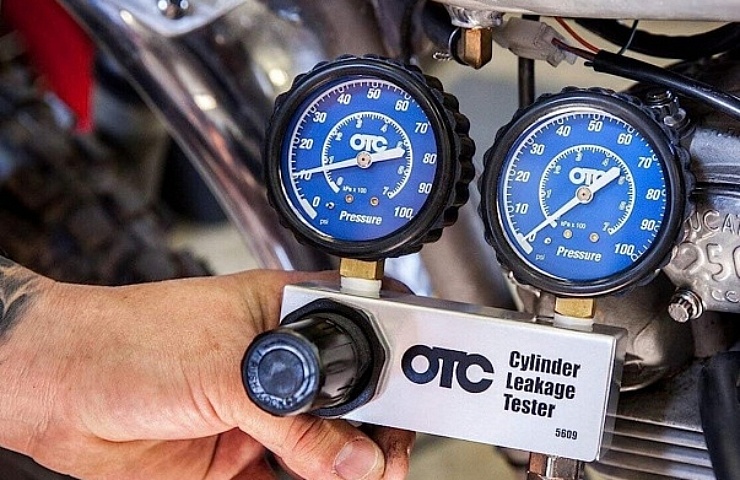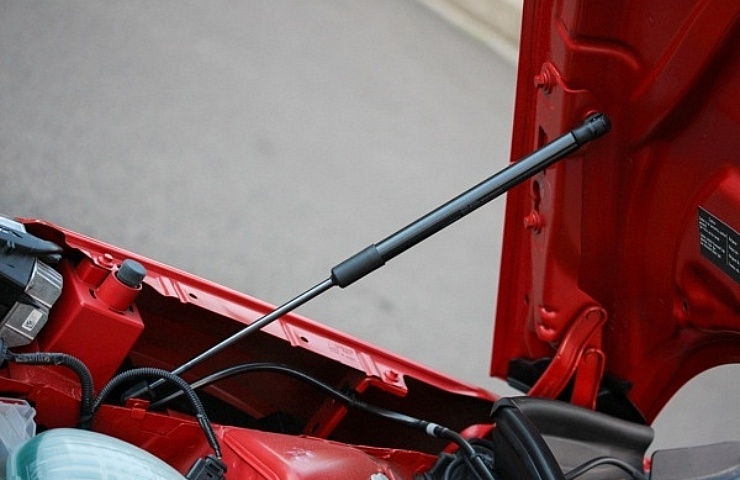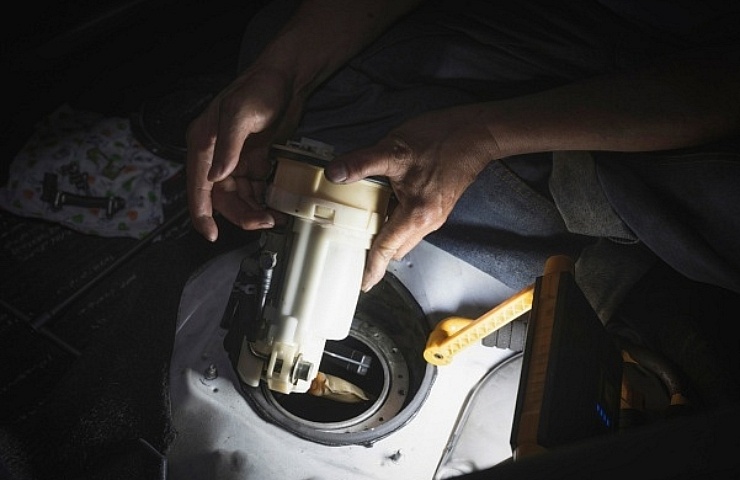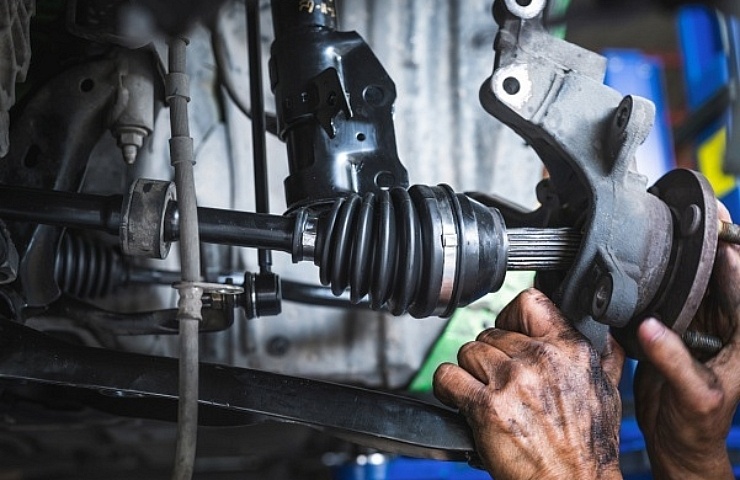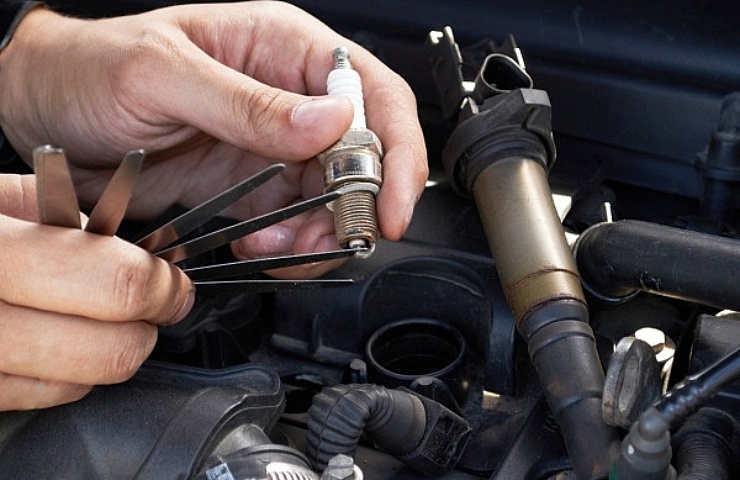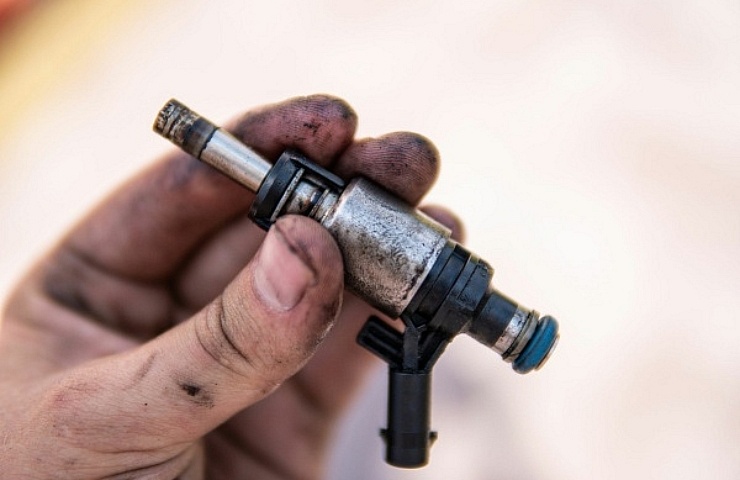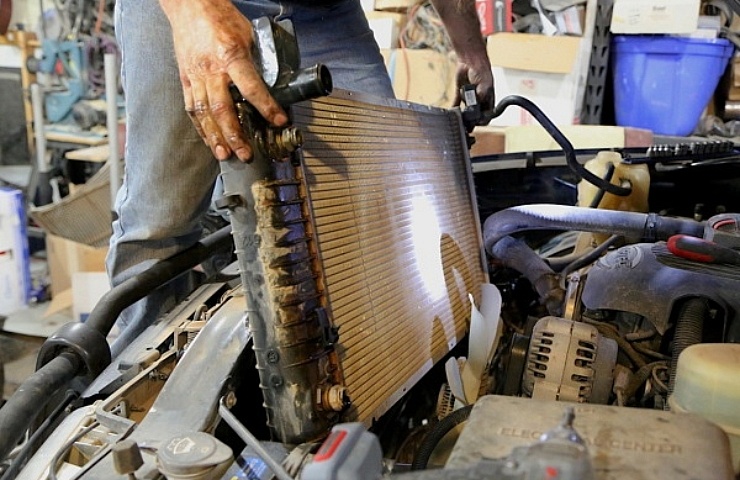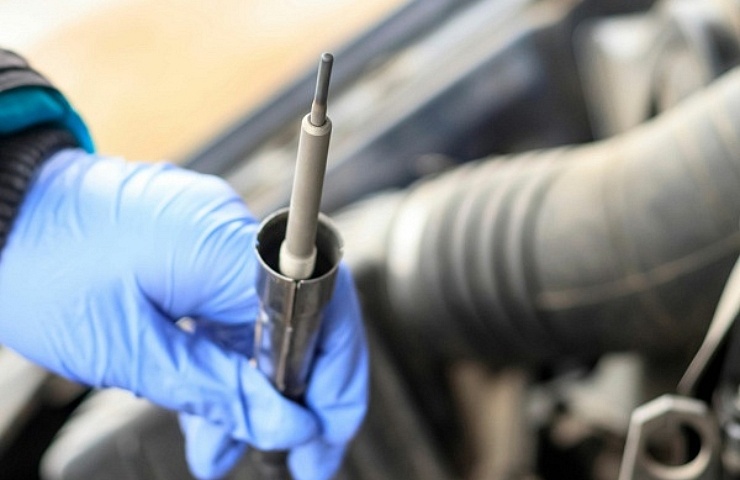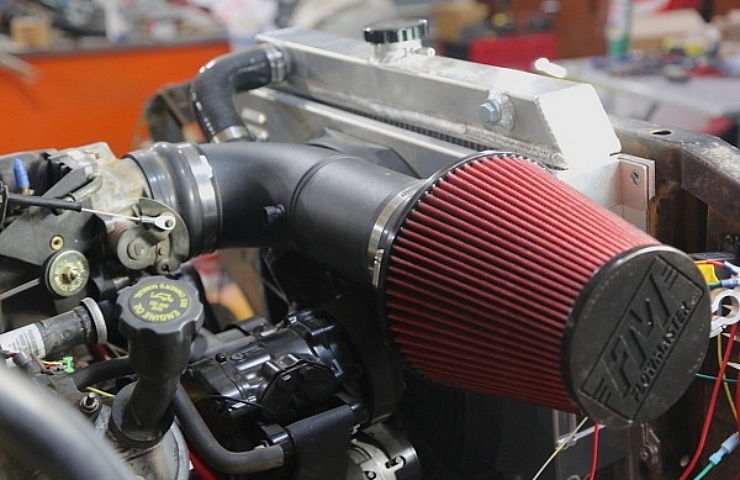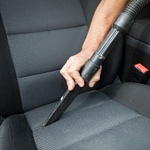By Jefferson BryantAug 120
Every DIY automotive mechanic needs a good set of tools. Here are the essentials for a starter car tool kit.
By Jefferson BryantJul 100
Your car's suspension joints need grease every 3,000 miles to last 100,000 miles or more.
By Jefferson BryantJul 30
Adding accessories to your car, but worried about overloading circuits? Automotive relays solve this problem safely and easily.
By Jefferson BryantJun 240
From affordable factory replacements to high-end separates, there’s a set of car speakers for every goal—and every budget.
By Jefferson BryantJun 100
Learn how a cat-back exhaust boosts power, sound, and efficiency—plus what to buy, how to install it, and why it’s legal.
By Jefferson BryantMay 230
Octane boosters are chemical additives that increase a fuel’s octane rating. There are several legitimate reasons to use them.
By Jefferson BryantFeb 150
A clogged or failed MAP sensor can cause many issues. Fortunately, it's relatively easy to replace a MAP sensor.
By Jefferson BryantFeb 140
A bad power steering pump makes a vehicle hard to steer. Learn about trouble symptoms and how to replace a faulty unit.
By Jefferson BryantFeb 141
The MAF sensor is arguably the most critical one in your engine. Many aspects of engine control are based on its readings.
By Jefferson BryantJan 120
The biggest issue with driveshafts, other than U-joint problems, is balance. Here's what you need to know about balancing a driveshaft.
By Jefferson BryantDec 290
A leak down test will show you how much compression each cylinder has and how well the cylinder is sealing.
By Jefferson BryantDec 290
Replacing the struts that hold up your hood is an easy DIY task. See our replacement guide for when they’re no longer doing the job.
By Jefferson BryantDec 280
Replacing a fuel pump is a moderate job for most DIYers. It takes three to five hours and requires no special tools.
By Jefferson BryantDec 270
FWD vehicles use CV axles exclusively. Most modern AWD and RWD cars with independent rear suspension use them as well.
By Jefferson BryantDec 190
Even if a spark plug says it is pre-gapped, that gap may not be correct for your vehicle. New spark plugs need to be gapped.
By Jefferson BryantDec 130
Don’t ignore a vibration until you have determined it's not a significant issue. This guide covers the most common causes.
By Jefferson BryantDec 120
Over time, all fuel injectors eventually clog up with carbon deposits and debris from the fuel system.
By Jefferson BryantDec 110
Your radiator ensures the engine operates within a specific temperature range. Get advice about radiator leaks and how to fix them.
By Jefferson BryantDec 80
Diesel engines use glow plugs to heat the engine enough for diesel fuel to ignite. See our guide glow plug types and fixing problems.
By Jefferson BryantDec 60
If the coolant temperature sensor fails, your engine will be less efficient and could even blow up. Here’s what you need to know.
By Jefferson BryantDec 50
A cold air intake is a great way to boost horsepower and efficiency. Our guide explains cold air intake parts and how to build one.

